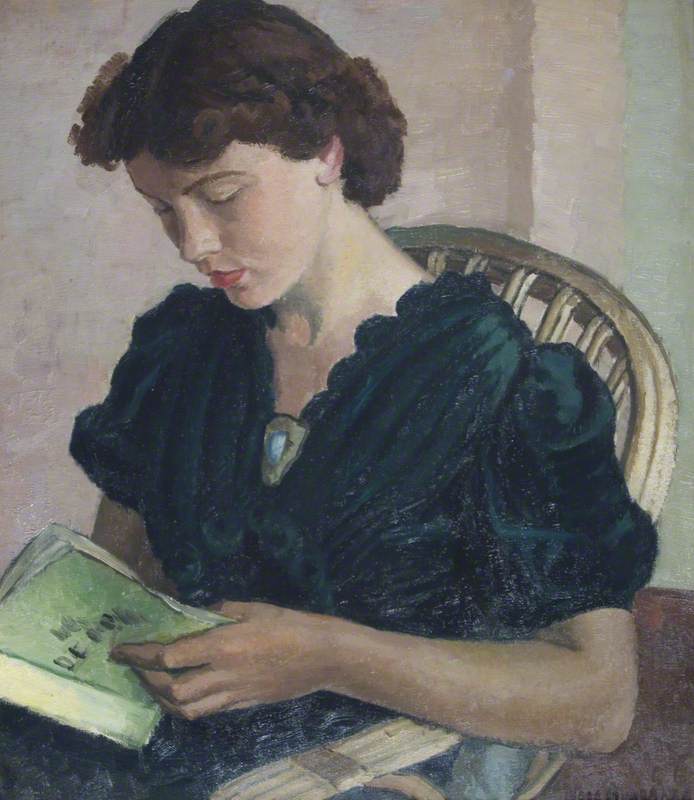Note: If you wish to receive, via e-mail, (1) my weekly newsletter or (2) daily copies of these posts, notify me at rrbates1951 at gmail dot com and I will send it/them to you. I promise not to share your e-mail address with anyone. To unsubscribe, send me a follow-up email.
Wednesday
The more I read and reread Peter Brooks’s Seduced by Story: The Use and Abuse of Narrative, the more impressed I am. As the Yale comparative literature professor sees it, we use novels to figure out the meaning of life. Drawing on cultural theorist Walter Benjamin, Brooks writes,
What readers look for in the novel is closed to them in their own lives: the knowledge of death that they cannot have in life and which alone confers meaning on life. It is with the end of a life that its meaning becomes apparent.
And then, talking about the significance of the death of a major character, Brooks directly quotes Benjamin:
The flame that consumes this stranger’s fate warms us as our own fates cannot. What draws the reader to a novel is the hope of warming his shivering life at the flame of a life he reads about.
And further:
Of all the gifts [the novel] offers, this is the most certain: the end….The novel is not important because it portrays the fate of a stranger for us, but because the flame that consumes the stranger’s fate warms us as our own fates cannot. What draws the reader to a novel is the hope of warming his shivering life at the flame of a life he reads about.
To which Brooks adds,
There we are again: in the forlornness of our modern condition, deprived of “counsel,” it is the novel that brings us warmth through its capacity to make us understand the end.
Of course, many novels do not end in a death, but Brooks is just using this extreme case to accentuate his point about novels helping us find meaning. Mentioning Samuel Richardson, Dickens, Balzac, Charlotte Bronte, Dostoevsky, George Eliot, Henry James, and Proust, Brooks says that those novels that “best define the genre for us tend to be long…because their meanings must be played out over passing time: people age, make mistakes, regret decisions, choose new partners, perhaps learn something about life.”
At its most powerful, Brooks contends, the novel “offers us our best understanding of what it means to live, to have lived, to construct a life.” The chapter concludes,
Narrative may be the best discursive and analytic tool that we have for transmitting what we know about life, and for constructing a life in time as something that has shape and meaning.
Brooks also has fascinating things to say about the significance of literary characters but I’ll save that discussion for tomorrow.
